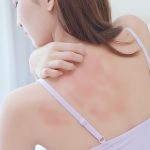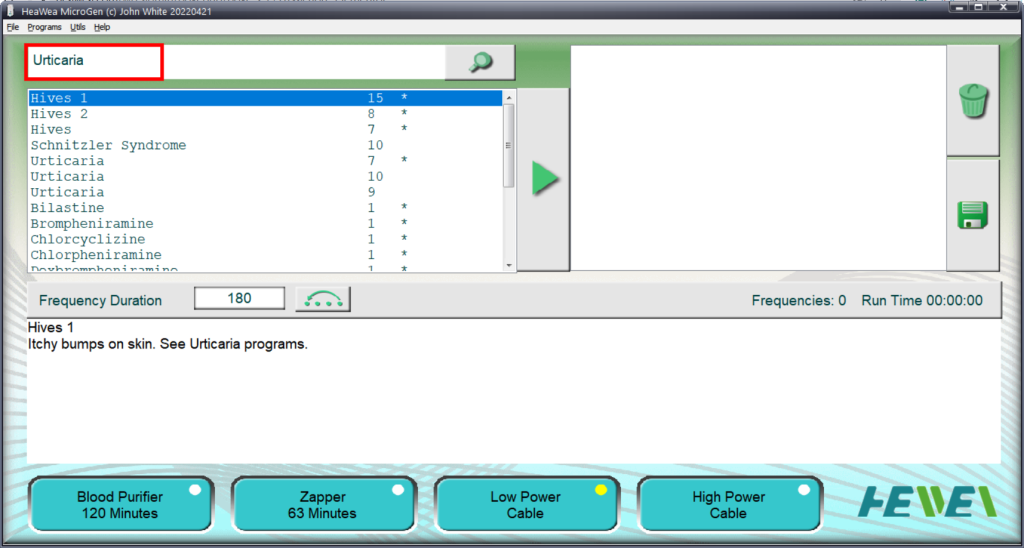Have you ever experienced sudden itching on your skin, followed by red or pale welts, similar to mosquito bites, but they disappear after a short while? This is likely urticaria, commonly known as “hives.”
What is Urticaria?
Urticaria is a common skin allergic reaction characterized by the appearance of welts of varying sizes and irregular shapes, usually accompanied by intense itching. These welts are like “wind”—they come quickly and vanish just as fast. Individual welts typically disappear within 24 hours, but new ones may continue to appear.
Triggers of Urticaria
Urticaria can be triggered by various factors, including:
- Food: Seafood, nuts, eggs, milk, etc.
- Medications: Penicillin, aspirin, etc.
- Infections: Viruses, bacteria, parasites, etc.
- Physical factors: Cold, heat, pressure, sunlight, etc.
- Others: Pollen, dust mites, pet dander, etc.
Types of Urticaria
Based on the duration of the condition, urticaria can be classified as:
- Acute Urticaria: Lasting less than 6 weeks, usually caused by food, medications, or infections.
- Chronic Urticaria: Lasting more than 6 weeks, with complex causes that may be related to autoimmune conditions, chronic infections, etc.
Treatment of Urticaria
- Identify and Avoid Triggers: This is key to preventing recurrence of urticaria.
- Antihistamines: The first-line treatment for urticaria, which can effectively relieve itching and welts.
- Other Medications: For severe cases, doctors may use corticosteroids, immunosuppressants, and other medications.
- HeaWea MicroGen: In HeaWea’s free software, there are over 60,000 frequency programs. For urticaria, you can simply search “hives” or “urticaria” and choose relevant programs.
When to Seek Medical Attention?
- You should consult a doctor if any of the following occur:
- Welts persist for more than 24 hours.
- Accompanied by breathing difficulties, chest tightness, dizziness, or other systemic symptoms.
- Frequent recurrence, affecting daily life.
Tips:
- Keep your skin clean and dry, and avoid scratching.
- Wear loose, comfortable cotton clothing.
- Keep track of your diet and activities to help identify potential triggers.
- Maintain a positive mood and avoid stress.
Although urticaria can be troublesome, it is usually not serious. By understanding the condition, actively identifying triggers, and following your doctor’s treatment plan, you can surely overcome it!
Disclaimer:
This article is for informational purposes only and should not be used as a substitute for professional medical advice. If you have any concerns, please consult a doctor or dermatologist.

HeaWea is dedicated to creating the world’s most advanced, convenient, and powerful portable frequency devices.
- Rated Current: 5 mA
- 5 Different Power Levels
- 24+ Hours Battery
- Duration 1 uHz Frequency Resolution
- Over 30,000 Free Programs
- 0.000001 – 2.00 MHz Frequency Range
- 800 Charging Cycles of Battery Life







